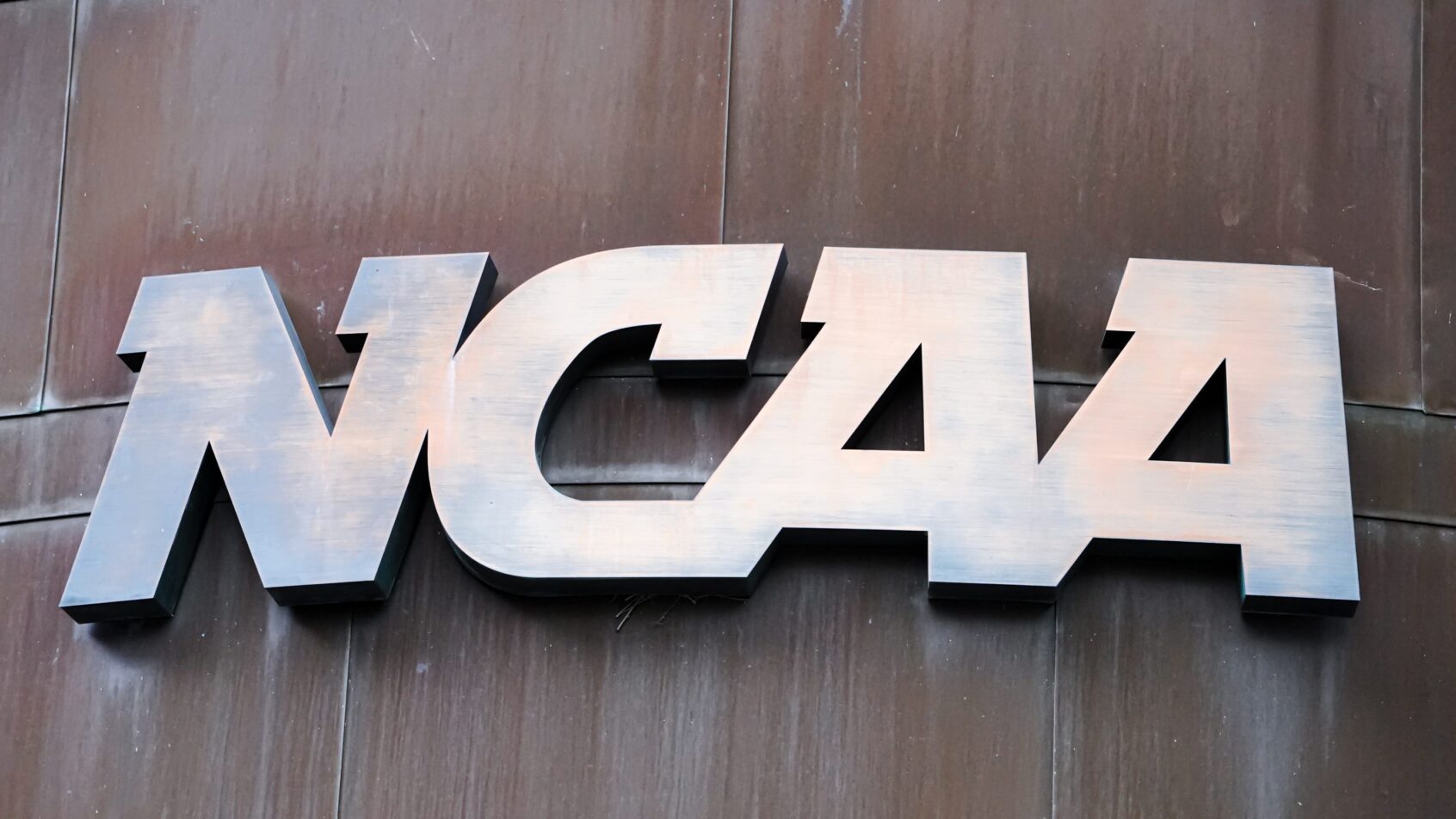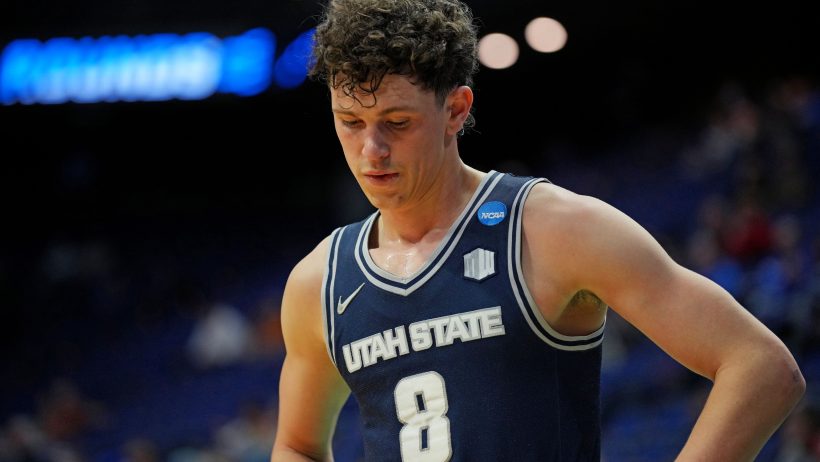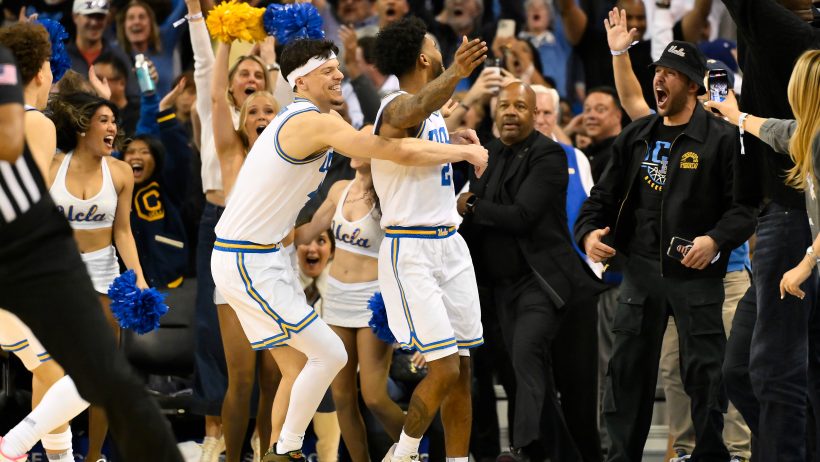NCAA Delays Effective Date for Sports Betting Rule Changes
By Robert Linnehan in Sports Betting News
Published:

- The NCAA has delayed its sports betting changes for student athletes, team staff until Nov. 22
- NCAA Divisions recently voted to allow student athletes, team staff to bet on professional sports beginning Nov. 1
- The rule change can be rescinded within 30 days of becoming final
NCAA Divisions may take a closer look at a recent vote to allow student athletes, coaches, and team staff to bet on professional sports.
The Division I Board of Directors Tuesday night voted to delay the effective date of the rules change until Saturday, Nov. 22. Under its legislative process, the NCAA allows a rule change to be rescinded within 30 days of becoming final if two thirds of the division’s members submit a request supporting its rescission.
The new rule was set to go into effect on Saturday, Nov. 1, but the delay is likely due to recent sports betting controversies and a request from the SEC to rescind the decision.
Potentially Reconsidering Rule Change?
The delay may be a signal that the NCAA – and its divisions – are going to take time to potentially reconsider the vote to allow the changes to its sports betting rules for student athletes and team staff.
The NCAA Division I Administrative Committee recently adopted the proposal to allow student-athletes and athletic department staff members to bet on professional sports. The D-I committee first proposed the rule change this past June.
However, the NCAA prohibition against betting on college sports, or sharing information about college competitions with other bettors, will remain in place.
“Our action reflects alignment across divisions while maintaining the principles that guide college sports,” said Roberta Page, director of athletics at Slippery Rock and chair of the Division II Management Council. “This change recognizes the realities of today’s sports environment without compromising our commitment to protecting the integrity of college competition or the well-being of student-athletes.”
The council, however, emphasized this is not an endorsement of sports betting, particularly for student-athletes. It requested further emphasis of schools using harm reduction strategies and resources provided by the Committee on Competitive Safeguards and Medical Aspects of Sports and the Sport Science Institute to counteract sports betting related harms.
According to the NCAA, Division III voted Oct. 21 and Division II voted Oct. 22 to change the rules, but the Division I pause also delays the effective date for Divisions II and III.
SEC Commissioner Asks NCAA to Reconsider
According to a report from ESPN, SEC commissioner Greg Sankey sent a letter to NCAA President Charlie Baker last week, noting that the rule change is a “major step in the wrong direction.”
“On behalf of our universities, I write to urge action by the NCAA Division I Board of Directors to rescind this change and reaffirm the Association’s commitment to maintaining strong national standards that keep collegiate participants separated from sports wagering activity at every level,” Sankey wrote in the letter. “If there are legal or practical concerns about the prior policy, those should be addressed through careful refinement – not through wholesale removal of the guardrails that have long supported the integrity of games and the well-being of those who participate.”
The rule change comes at a time when the NCAA’s caseload involving sports betting violations has continued to increase, but in which most violations being pursed involve conduct that directly impacts the integrity of college sports
Most recently, the NCAA announced an investigation of 13 former men’s basketball student athletes who competed at six schools for sports betting violations. While the facts differ for each athlete, they all include instances of student athletes betting on and against their own teams, sharing information with third parties for purpose of sports betting, knowingly manipulating scoring or game outcomes, and/or refusing to participate in the enforcement staff’s investigation.

Regulatory Writer and Editor
Robert Linnehan covers all regulatory developments in online gambling and sports betting. He specializes in U.S. sports betting news along with casino regulation news as one of the most trusted sources in the country.



